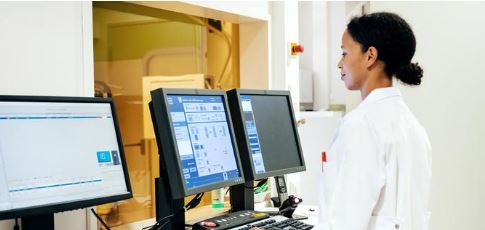
RESTON, Va. (Sept. 3, 2024) – Leidos (NYSE:LDOS), a Fortune® 500 innovation company, was recently awarded the National Healthcare Safety Network (NHSN) Development, Maintenance, Support, and Modernization contract by the Centers for Disease Control and Prevention’s (CDC’s) National Center for Emerging and Zoonotic Infectious Diseases. Leidos will leverage its data management and mission software expertise to continue delivering a secure NHSN platform, including the necessary support applications and inputs from partnering federal agencies. The contract has a total value of $51 million over a five-year period of performance.
“NHSN is a critical cornerstone in enhancing patient safety and healthcare delivery across the U.S.,” said Liz Porter, Leidos Health & Civil Sector president. “Since the inception of NHSN in 2003, our collaboration with the CDC has empowered over 160,000 users at more than 38,000 facilities with reliable and actionable data. Our combined efforts ensure the secure transmission of healthcare data across evolving sites of care, driving improvements in patient outcomes and fostering system modernization and efficiency.”
Leidos will work to continue to advance and modernize the NHSN application. NHSN facilitates electronic messaging directly from electronic health records; informs rapid, tailored infection prevention; and allows decision-makers to monitor healthcare system capacity. Additionally, the platform tracks vaccination uptake in healthcare settings, monitors blood safety errors, and helps prevent the spread of emerging and enduring threats, such as COVID-19, healthcare associated infections, and antimicrobial-resistant infections.
The NHSN serves nearly all U.S. hospitals, nursing homes, dialysis facilities, and ambulatory surgery centers. This contract will extend Leidos’ support in providing the critical data necessary to understand the success of prevention efforts and practices in healthcare, ultimately determining the quality and safety of care delivered in U.S. healthcare facilities.
Click here to view original article.

